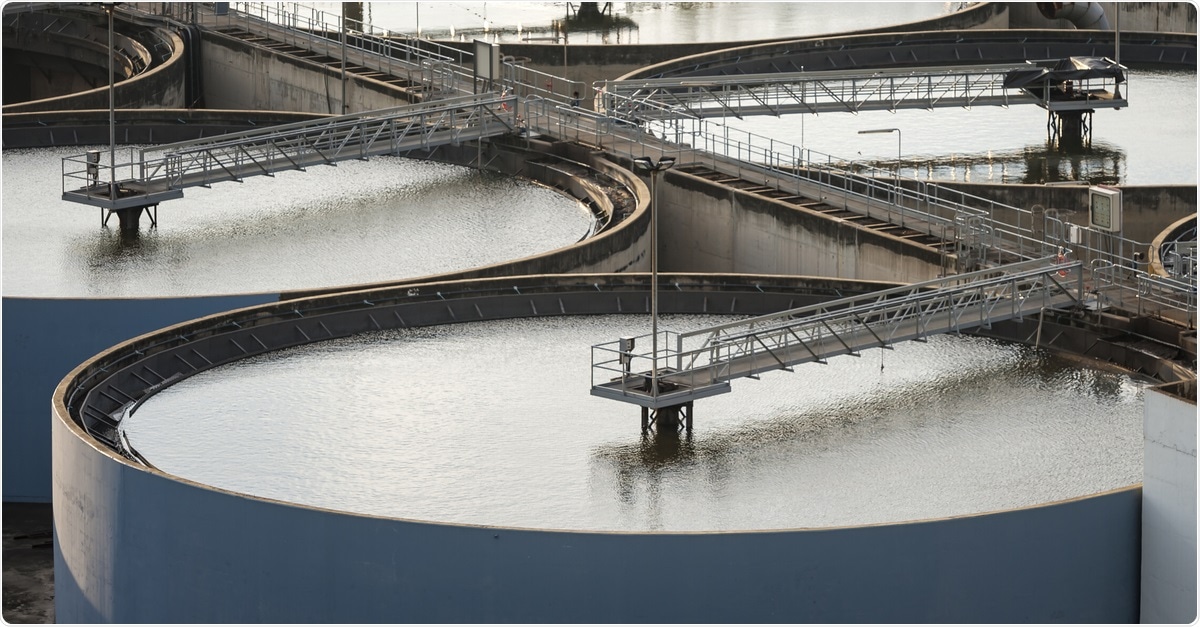As coronavirus disease 2019 (COVID-19) shows no signs of slowing, the spate of negative effects, both health-related and economic, continues to flow unabated. Among the many adverse effects of the COVID-19 pandemic is the fact that antibiotics are being widely prescribed without proper indication, both to prevent bacterial co-infection in confirmed cases of COVID-19 and to prevent the infection itself. This has occurred particularly in communities with a lower level of knowledge of modern medicine.
Inappropriate use of antimicrobials
For many decades now, health scientists have drawn attention to the dangers of using antibiotics indiscriminately, both in modern medicine and in agriculture. The most obvious issue is the rise of antimicrobial resistance (AMR), which could well lead to the world reverting to a state uncannily like the pre-antibiotic era. Statistics from the US Centers for Disease Prevention and Control (CDC) peg the unjustified use of antibiotics up to as much as 50%. In developing countries, this situation is likely to be worse, where most drugs are available over the counter (OTC).
A recent typhoid outbreak in Pakistan was traceable to AMR caused by poor sanitation and potable (drinkable) water contamination, as well as indiscriminate drug use – and this is not an isolated instance. In fact, about 700,000 deaths globally could have been prevented if not for AMR, and this may go up to 10 million deaths a year by 2050, say the researchers.
In the current COVID-19 situation, the World Health Organization (WHO) has set out guidelines for the use of antibiotics for this illness when complicated by a bacterial infection. However, it is clear that a very large proportion (up to 90%) of patients with COVID-19 are being treated with antimicrobials without any evidence of bacterial or fungal infection, often with broad-spectrum antibiotics.
The wide publicity given to azithromycin as a ''cure'' for this illness has also caused a great demand for it, with significant self-medication, especially when such antibiotics can be obtained OTC. It is disturbing that much of this excessive antimicrobial load enters wastewater in bioactive form, to contaminate natural systems.
Use of biocide-medicated soaps
The requirement for hand hygiene has been among the primary defenses against viral spread. The use of soap and water for 20 seconds, or alcohol-based sanitizer allowed to air-dry, is adequate to dissolve the lipid envelope of the virus. However, many manufacturers promoted hand soap containing disinfectants or antibacterial chemicals, despite the lack of evidence that this was necessary, and such products have registered a sharp increase in sales.
These biocide-containing products enter wastewater, eventually. They may settle as wastewater solids, concentrating to a magnitude higher than antibiotic concentrations. Since such solids are often reused to enrich farmland, they may enter the food chain. This can introduce AMR into the environment, encouraging its spread. They may also severely damage the soil ecosystem and disrupt the natural cycling of elements that is essential for environmental health.
Spread of AMR Through Contaminated Wastewater
The presence of antimicrobials and disinfectants in wastewater at high concentrations can hinder wastewater treatment processes by inhibiting the activity of microbes that are important in breaking down waste to usable compounds.
Wastewater is a major breeding ground for AMR since it contains millions of bacterial strains and antibiotics at sub-inhibitory or sub-lethal strains, promoting escape mutations. The contamination of potable water or food with such microbes is a major route of AMR transmission.

Image of modern wastewater treatment plant. Image Credit: arhendrix / Shutterstock
What are the Implications?
The wastewater treatment protocols currently in use are not adequate to eliminate these dangerous chemicals, which means humans are exposed to them in food and water. Prevention of such pollution requires multiple precautions. For one, drugs and disinfectants should be used only as indicated.
Health education campaigns focusing on the dangers of misuse or irresponsible use of these chemicals are essential to curb this trend. Such messages may be easy to instill during the pandemic when handwashing messages are already being disseminated with wide acceptance. More research is required to understand the consequences of such practices on a large scale, so as to provide a science-based message for mass consumption.